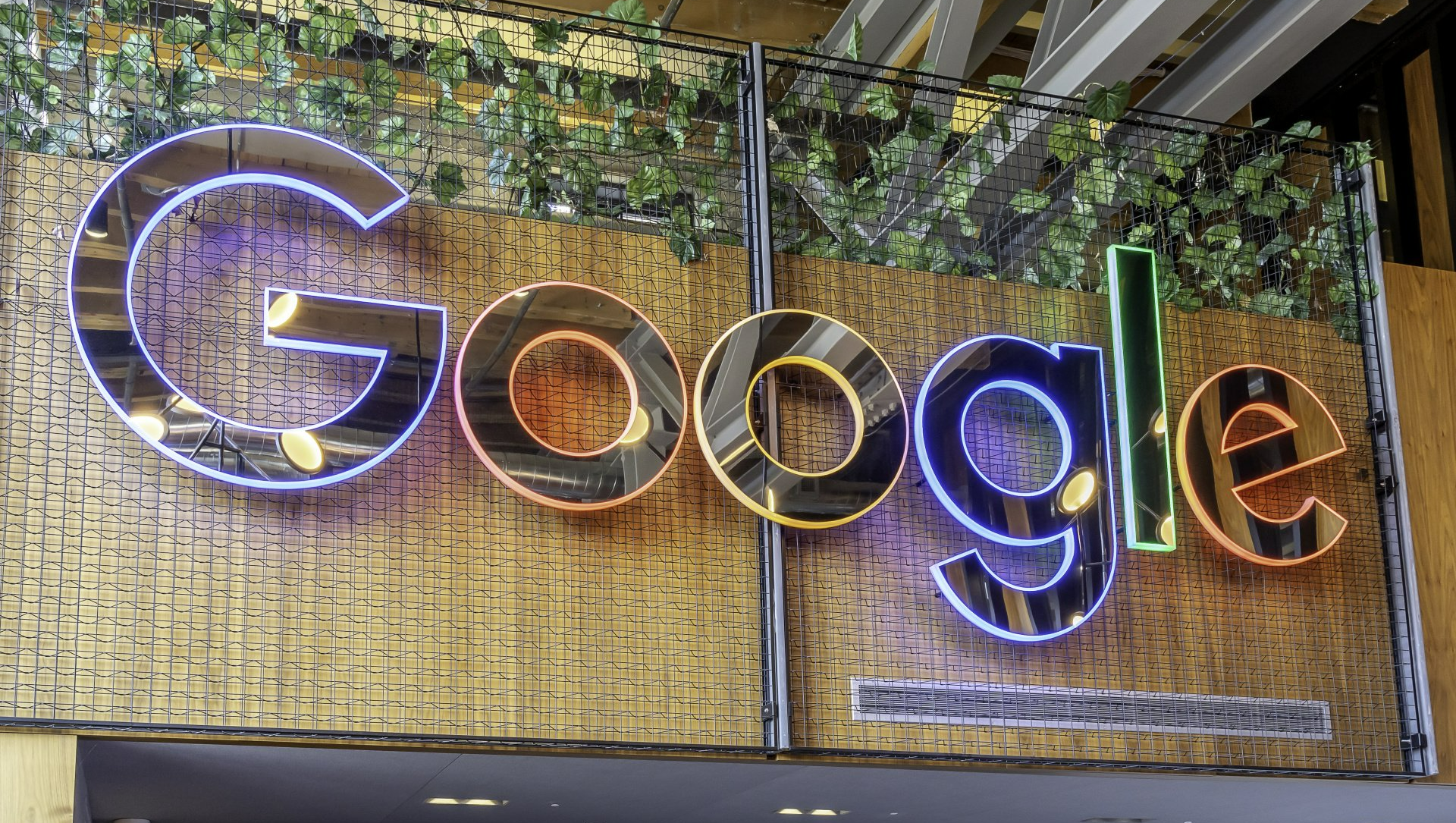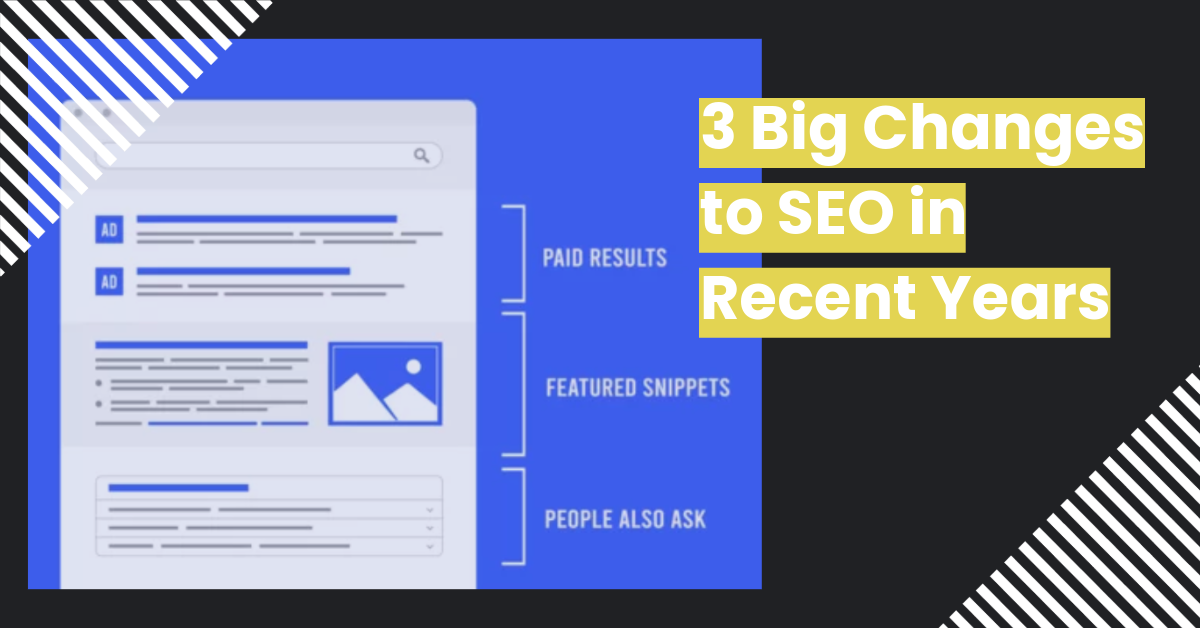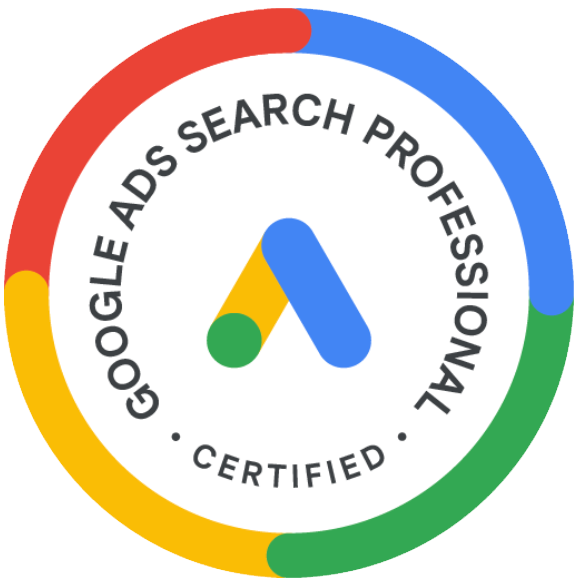A History of SEO, Part 2: The Rise of Google
How Google Became Synonymous with Search

The early days of SEO had an anarchic, wild-west atmosphere about them. There were dozens of search engines cropping up in the mid-90s, but most of them seemed to fall into one of two camps: simplistic keyword searches (Excite, Infoseek) and manually-curated catalogs of links (Virtual Library, Yahoo). Admittedly, a few of these did incorporate some innovations that advanced the technology slightly. For example, Lycos was the first search engine to operate on a grand scale by adding servers to index results for over a million individual webpages. AltaVista was blazingly fast and gave users the option for Boolean searches. Ask Jeeves (which eventually rebranded as Ask.com) was the first to allow search queries in natural language.
Enter… BackRub?
In 1996, a trio of students at Stanford University in California—Larry Page, Sergey Brin, and Scott Hassan—began work on a research project to build a better search engine. Rather than simply count the number of times a search term appears on a webpage, Page and Brin developed an algorithm that ranked results by counting the number of backlinks to a page and determining the relevance/importance of those backlinks. They named this new algorithm “PageRank” (a play on Page’s last name as well as an accurate description of its functionality) and handed it off to Hassan to write the code.
(When filing his patent for PageRank, Page cited an earlier page-ranking algorithm called RankDex as an influence. RankDex was developed in 1996 by Robin Li, who would later go on to create a Chinese search engine called Baidu.)
Page and Brin originally dubbed their new search engine “BackRub” because of its focus on backlinks. However, they quickly realized that they were going to need a better name if they were going to complete with Ask Jeeves, AltaVista, and the newly popular Inktomi. Page did some brainstorming with his colleagues at Stanford and one of them, a graduate student named Sean Anderson, suggested they take the name “Googolplex.” Page liked the idea but decided to go with the more concise “Googol.”
(Both “googolplex” and “googol” are mathematical terms for very large numbers. Googol is the digit 1 followed by 100 zeroes, while googolplex is 1 followed by a googol zeroes.)
Anderson was tasked with checking on the availability of the domain name, but accidentally searched for “google.com” instead of “googol.com.” Page decided he liked “Google” even better and registered the domain for Brin and himself in September 1997.
(Though Hassan is occasionally listed as the unofficial “third founder” of Google, he actually parted ways with Page and Brin before the company was founded. It’s probably for the best. Hassan went through a bitter divorce from wife Allison Huynh in 2014 and admitted to starting a website in Huynh’s name containing “embarrassing information from her past.”)
Survival of the Fittest
Google’s innovative and complex algorithm certainly secured it a spot among the contending search engines. However, it’s climb to the top was certainly facilitated by some misfortunes (and a few bone-headed decisions) that affected their competition.
- WebCrawler is still, technically, in operation. However, it abandoned its own database in 2001 and now it simply aggregates results from Google and Yahoo.
- AltaVista was purchased by Overture in 2003, which was subsequently purchased by Yahoo that same year. Yahoo kept the brand alive for a few years (replacing AltaVista’s results with their own) before finally taking the search engine offline in 2013.
- Excite was actually offered a chance to purchase Google for $750K in 1999 when Page and Brin decided it was taking up too much of their study time. CEO George Bell decided it was too expensive and nixed the deal. When you consider that Google currently has a net worth north of $1.4 trillion, this could qualify as one of the most expensive business mistakes of all time.
But the fact is that Google simply hit the market at the right time with a groundbreaking algorithm that left competitors racing to catch up. And rather than rest on their laurels, Google continued to fine-tune its technology to ensure that it was offering up relevant results.
Google: The 800-Pound Gorilla of Search Engines
Google is now used for 92% of all internet searches worldwide (with Bing falling a distant second with 3% and Yahoo barely managing a 1% share of the market). In fact, Google has become so synonymous with search that its name is used as a verb (“Let me Google that for you.”).
That’s why when folks talk about SEO, what they really mean is “optimizing for Google.” Google now drives the industry and sets the standards, which has led to somewhat tumultuous relationship between it and professional digital marketers.
Next: A History of SEO, Part 3: Content Is King!
















